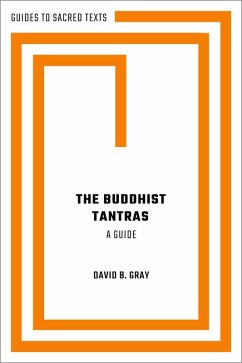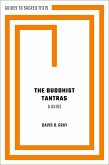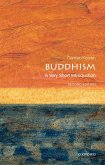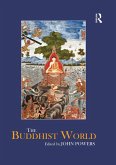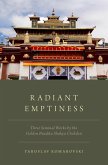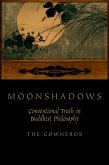The tantric Buddhist traditions emerged in India beginning in the seventh century CE and flourished there until the demise of Buddhism in India circa the fifteenth century. These traditions were disseminated to Central, East, and Southeast Asia, and continue to be practiced, most notably in Nepal, Tibet and Japan, as well as in the numerous Tibetan traditions disseminated around the world by Tibetan masters living in diaspora. The central scriptures for these traditions were generally designated by the term
tantra. Tantras are works that purport to relate secret teachings of the buddhas that enable awakening in as short as one lifetime. As such they are understood by their advocates to be the inspired speech of a buddha, and hence worthy of inclusion in the canons of Buddhist traditions. Over the past twenty years there has been considerable growth in the study of tantras as well as translations of these works into Western languages. This volume provides a detailed introduction to the Buddhist tantras. It addresses their development in India, their dissemination to Central, East and Southeast Asia, and their reception in these contexts. It introduces the key teachings in the tantras, as well as the history of their interpretation, and their connection to traditions of ritual, and contemplative practices. It also introduces the classification of the tantras and their place in Buddhist scriptural canons. It concludes with a look at the transgressive rhetoric that characterizes many of the tantras, the impact this had on their dissemination and translation, and the ways in which Buddhists explained this. It suggests that transgressive rhetoric and practices served an important role in Buddhist tantric traditions, which may be why they persist despite the challenges they have presented to the dissemination of these traditions.
Dieser Download kann aus rechtlichen Gründen nur mit Rechnungsadresse in A, B, BG, CY, CZ, D, DK, EW, E, FIN, F, GR, HR, H, IRL, I, LT, L, LR, M, NL, PL, P, R, S, SLO, SK ausgeliefert werden.

